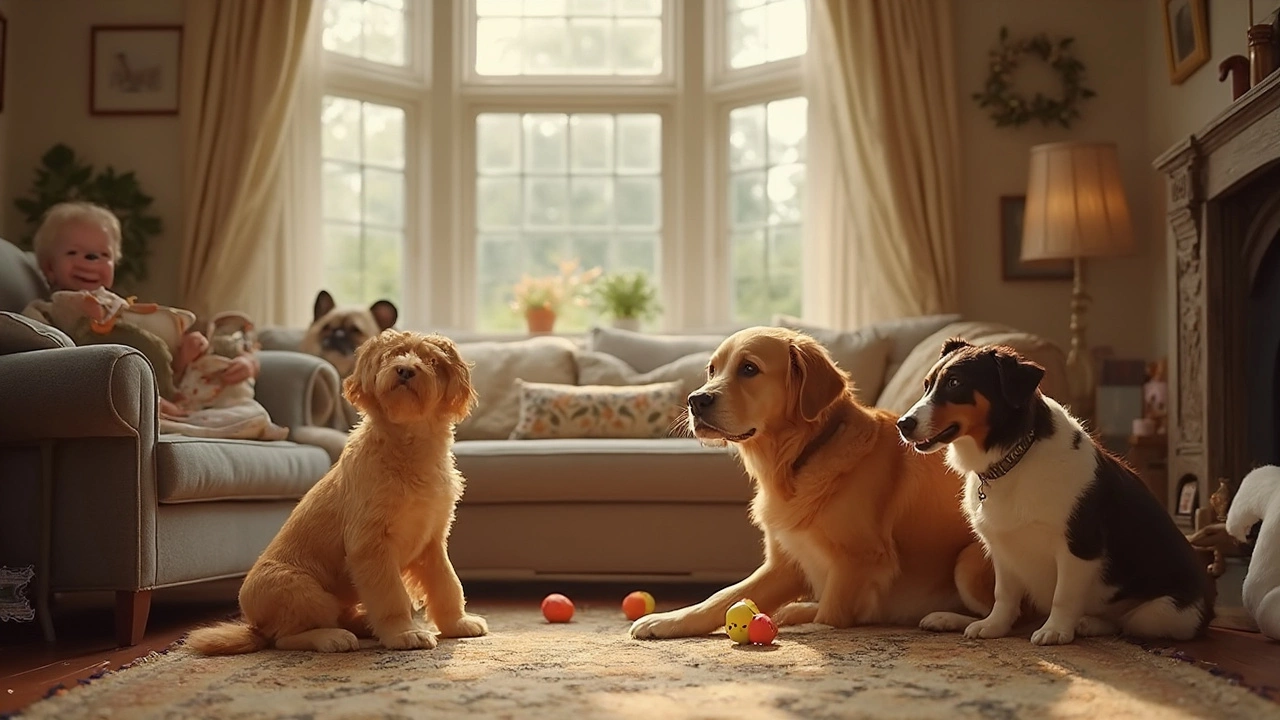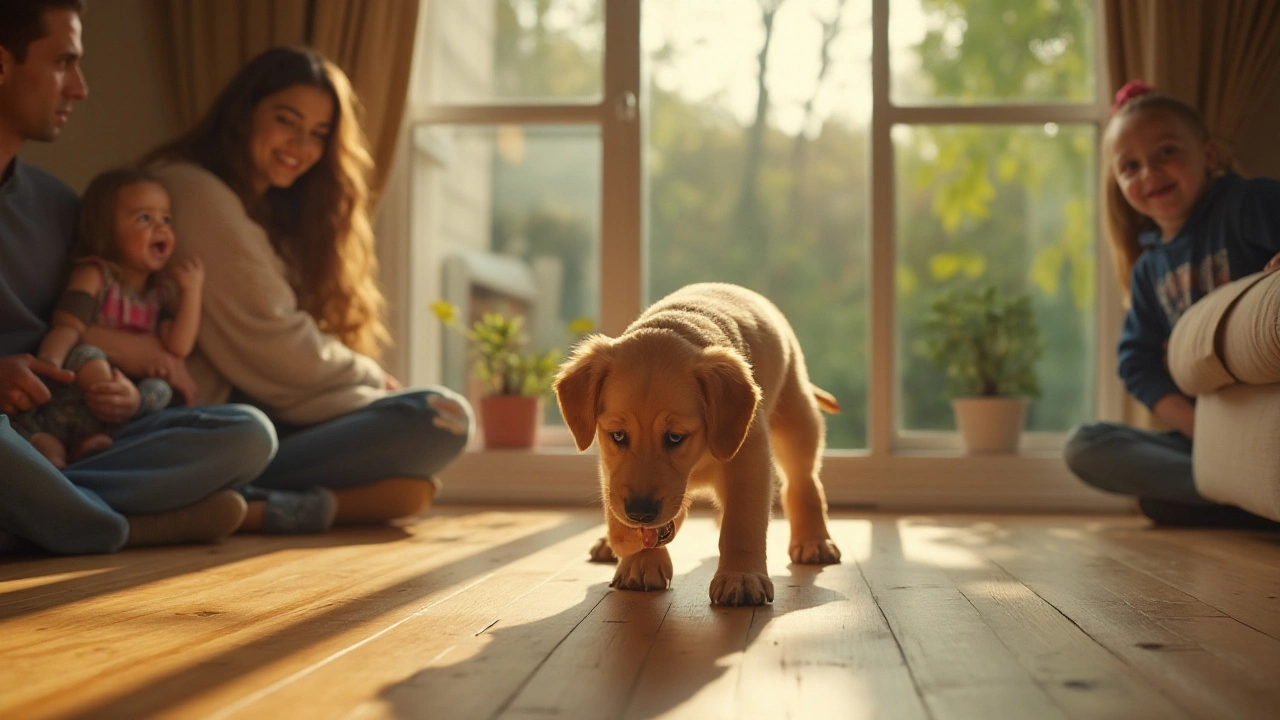Puppy Development: Essential Tips for Raising a Happy, Healthy Pup
Getting a new puppy is exciting, but it can also feel overwhelming. Your pup is growing fast, and the right habits early on make a big difference later. Below are the core areas you should focus on during the first months – sleep, nutrition, safe play, and basic training.
Sleep & Nutrition
Young puppies need a lot of rest. An 8‑week‑old pup will usually sleep 18‑20 hours a day, broken into short naps. Set up a quiet crate or bed, keep the temperature comfortable, and limit nighttime disturbances. When it’s time to eat, stick to a consistent schedule – most vets recommend three meals a day until the puppy is about six months old. Choose a high‑quality, age‑appropriate kibble or a balanced fresh‑food option that lists real meat as the first ingredient. Avoid sudden diet changes, and always provide fresh water.
Training & Safe Play
Chewing is a natural instinct, especially during teething. Offer sturdy chew toys made for puppies – rubber toys, rope bites, and frozen carrots are good choices. Avoid anything that can splinter or break into small pieces. When you notice your pup chewing on furniture, redirect them to an appropriate toy and reward the switch with praise or a treat.
Teaching “no” early sets boundaries without harsh penalties. Use a calm voice, step back, and say “no” the moment the behavior starts. Follow up with an alternative action, like a chew toy, and reward the correct choice. Short, 5‑minute training sessions two to three times a day keep the puppy’s attention and prevent frustration.
Letting your puppy explore the house should happen gradually. Start with a puppy‑proofed room, remove cords and small objects, and supervise closely. Once they’re comfortable, you can expand the space. Crate training helps with housebreaking and gives your pup a safe retreat.
Socialization is just as important as nutrition. Invite calm, vaccinated dogs over for short playdates, and expose your puppy to different sounds, surfaces, and people. Gentle exposure builds confidence and reduces fear later on.
Remember to schedule the first vet visit within the first week to discuss vaccinations, deworming, and any health concerns. Regular check‑ups ensure your puppy stays on track and lets you ask specific questions about diet or behavior.
By focusing on solid sleep, balanced meals, safe chew options, and consistent, positive training, you give your puppy the foundation for a well‑behaved adult dog. Keep things simple, stay patient, and enjoy the journey – the effort you put in now will pay off in a loyal, happy companion for years to come.

When Is a Puppy Not a Puppy? Understanding the Real Transition
Puppies don't stay tiny and clumsy forever, but exactly when do they stop being puppies? This article breaks down the transition from puppyhood to adulthood, looking at what changes physically, mentally, and socially. You'll find out how breed sizes play a big role, how behavior shifts over time, and why your 'little baby' may start acting more like a moody teenager. There are practical tips to spot the signs of growing up and advice for handling those awkward in-between months. If you're raising a pup, this guide is your go-to for understanding when your dog truly leaves puppyhood behind.
View more
When Do Puppies Become Easier to Handle? Tips and Tricks
Raising a puppy can be challenging, but understanding when they start to get easier can help immensely. This article explores key developmental milestones, offering insights into puppy behavior and when you might notice changes. We'll also discuss how the right toys and training methods can assist during this crucial period. Tips for each stage will help make the transition smoother for both you and your pup. Enjoy as we help you navigate the joys and trials of puppyhood.
View more